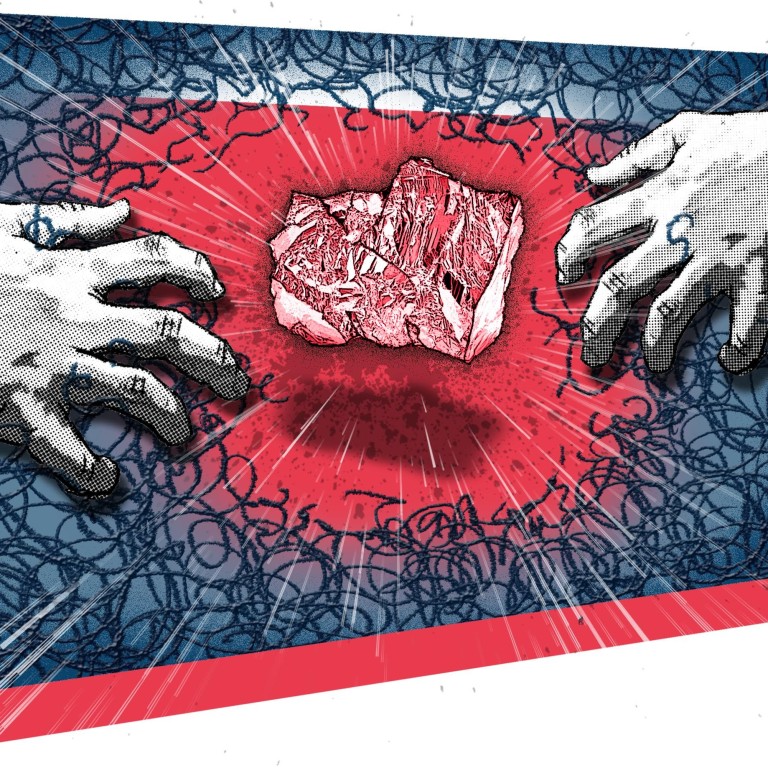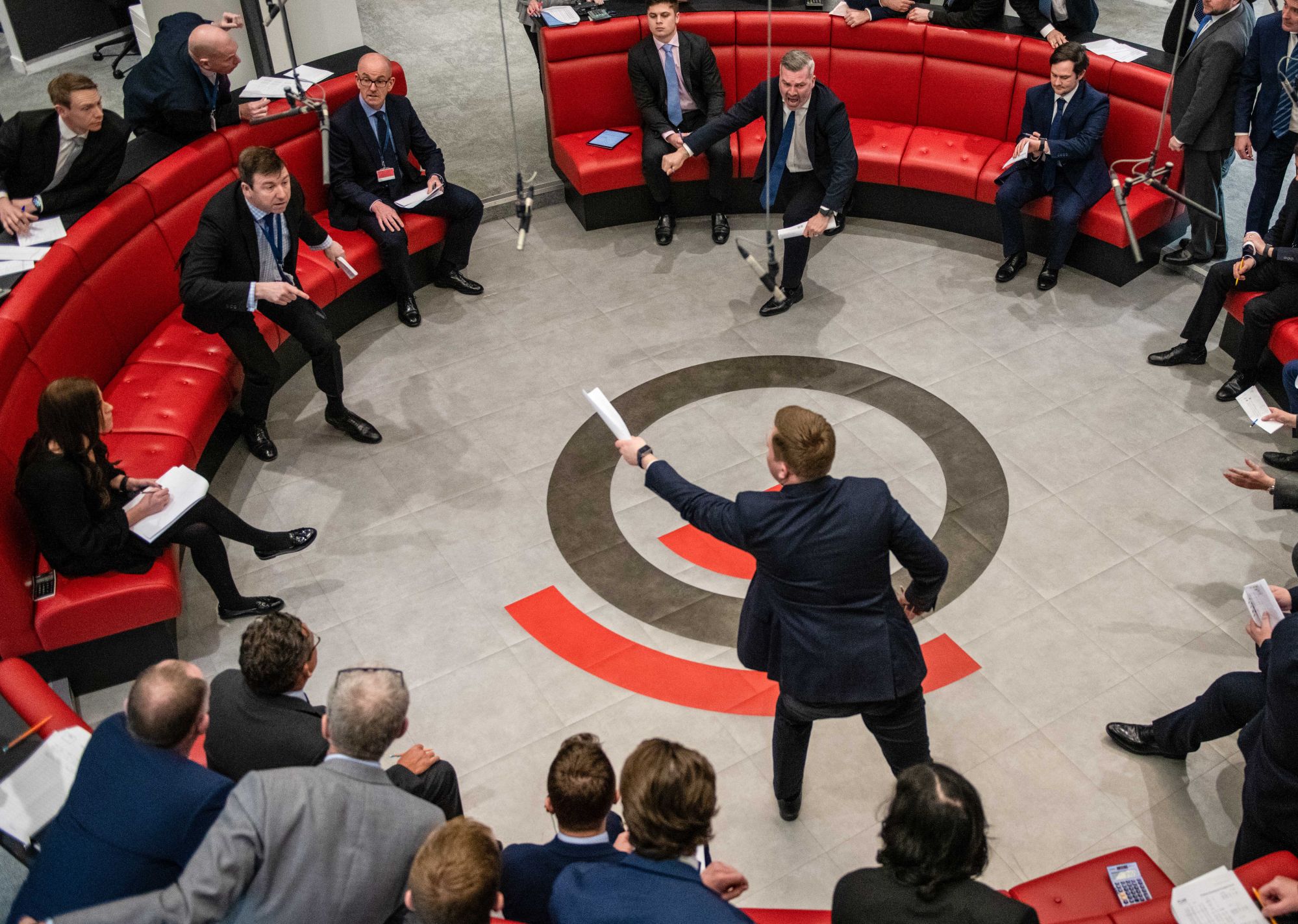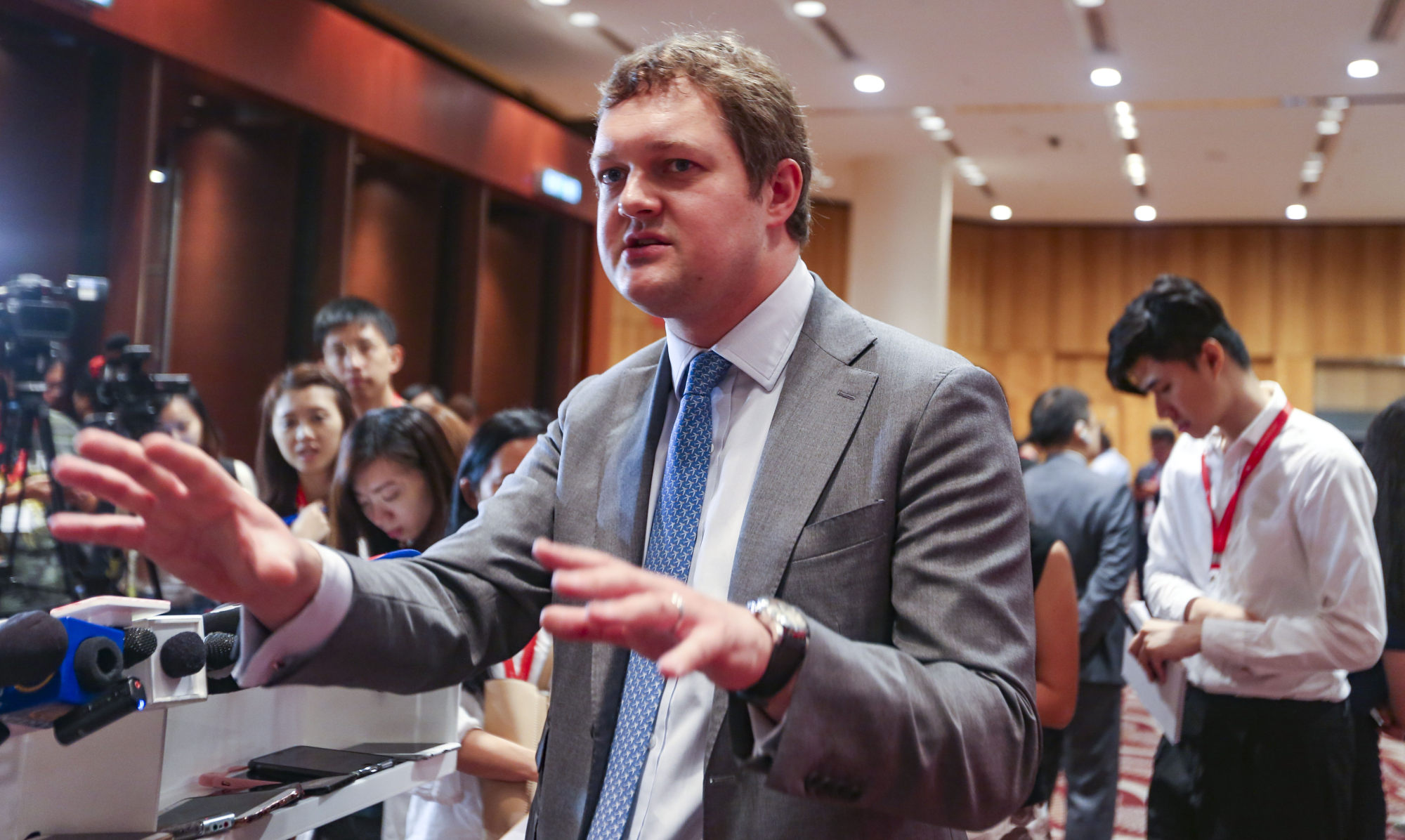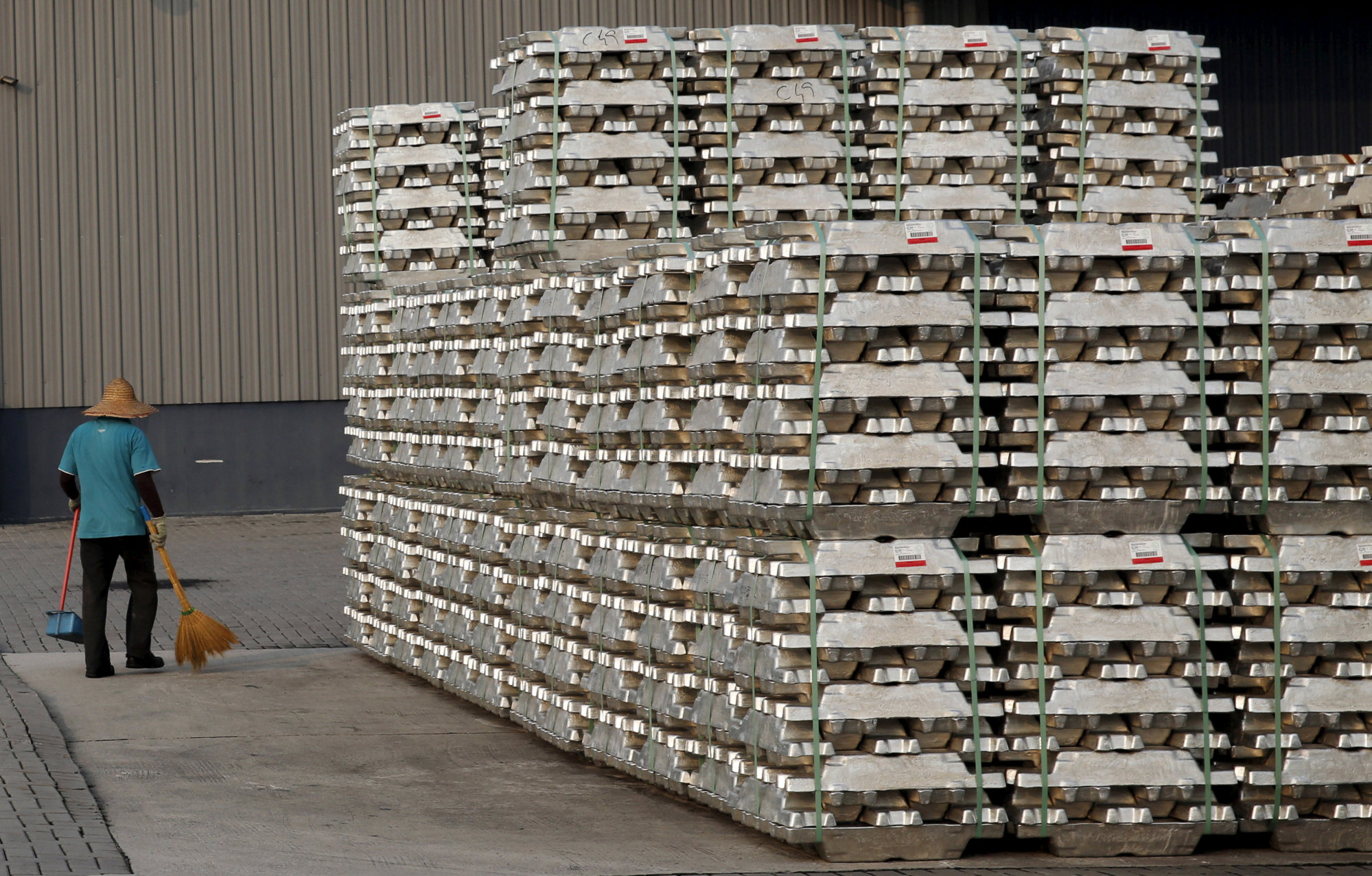
London Metal Exchange, owned by HKEX, seeks to rebuild reputation, dominance a year after nickel chaos
- Nickel trading during Asian business hours to resume on Monday, more than a year since it was first paused
- Fallout from chaos in nickel trading last March has hurt volumes at the 146-year-old commodities bourse, emboldened potential competitors
The 146-year-old bourse suffered a sharp fall in its annual trading volumes following the episode last March and could soon see competition from a new UK-based platform for physical delivery of nickel, which is used in everything from stainless steel to batteries for electric vehicles.
A big test for the bourse will come on Monday when nickel trading will resume during Asian business hours, starting at 9am HKT (1am GMT), following a pause of more than a year.
Exchange officials hope the extended hours will expand the available liquidity in the metal and mark another important return to normality after a year of soul-searching and reforms designed to restore confidence in the market.
In early March last year, the price of nickel and other commodities surged on concerns of shortages following Russia’s invasion of Ukraine and Western sanctions in reaction to the war.
In a three-day period, the price of nickel jumped more than 270 per cent on the LME, triggering nearly US$16 billion in margin calls by bourse members as nickel producers and traders covered their short positions.
By the early morning of March 8, 2022, the price of nickel topped US$100,000 a metric tonne. It was an unprecedented jump for nickel in recent times – the metal had traded between US$22,750 and US$25,260 a tonne in the previous month.
The LME has said the nickel market became “disorderly” that morning and cancelled trades “to take the market back to the last point in time at which the LME could be confident that the market was operating in an orderly way”. It was only the second time the bourse had done so in its history.
However, several prominent investors have accused the bourse of favouring some customers over others in the chaos, with the likes of Paul Singer’s Elliott Associates, Jane Street Global Trading and AQR Capital Management bringing legal action against the LME.

“Measures must be in place to ensure that the concentration of trading does not adversely impact free and fair markets,” the IMF said last April.
Citadel CEO Ken Griffin also has been critical, saying the LME’s decision to cancel hours of trades last March was “incomprehensively wrong”.
“When you interfere with markets on an ex-post basis, it’s incredibly destructive to the meaning of markets,” Griffin said during a discussion at the Bloomberg Intelligence Market Structure conference in New York last April.
The bourse, in response to lawsuits by Elliott and Jane Street, said in November that it acted to stave the market from a “death spiral” sparked by US$20 billion in margin calls.
The inquiry could result in fines or a potential public censure and extend the controversy over the bourse’s decision making during a time of crisis.
“Since events in the nickel market in March 2022 the LME and LME Clear have taken steps to enhance market confidence by introducing controls such as daily price limits and by improving OTC market transparency,” a LME spokeswoman said.

“The LME Group is committed to ensuring confidence in the metals market, and will continue to work with global regulators and market participants to support the long-term health, efficiency and resilience of the market as a whole,” she said.
The bourse is expected to outline its ongoing action plan for how it plans to further improve the market at the end of this month, including how it will address shortcomings raised by Oliver Wyman.
The LME has already introduced a series of measures to try to avoid similar situations in the future, including upper and lower daily price limits for contracts that require metals to be physically delivered when a futures contract expires.

However, some traders are chafing at the new rules, saying the price limits have contributed to narrow liquidity in nickel and other metals.
Industry participants also are beginning to question whether the LME’s nickel benchmark remains relevant as manufacturers shift to lower-grade forms of the metal.
The LME’s closely watched three-month contract is based on so-called Class 1 nickel, which is of a higher purity and increasingly plays a smaller role in the nickel market. The benchmark is still used as a reference point to price lower-grade nickel, in addition to nickel eligible for delivery to LME warehouses.
In 2010, 57 per cent of nickel production was eligible for delivery to LME warehouses, according to BHP. Eligible nickel has shrunk to below 30 per cent and is expected to fall further, particularly because of uncertainty over the long-term status of Russian Class 1 metal, BHP said.
In November, the LME decided against an outright ban on new deliveries of Russian metals in its warehouses, saying a “material portion” of the market still relies on Russian metals and it should “not make or impose ethical judgments on the broader market”.
“For now, the reality is that the global price discovery mechanism for this critical building block of the energy transition is not functioning well,” Huw McKay, BHP’s vice-president for market analysis and economics, said in a February 21 report. “The basic tension is that the exchange where the benchmark price is set has become more removed from what is happening in the physical clearing market – China.”
Last year, demand for stainless steel slowed abruptly, production of Class II nickel in countries, such as Indonesia, rose by double digit levels and the production surged of so-called intermediates, which have about 30 per cent to 60 per cent nickel content, BHP said.
“This caught potential users of this material on the Chinese mainland on the hop – there was not enough capacity in place to absorb this discontinuous growth,” McKay said. “The surge in intermediates supply is the direct result of upstream innovation to meet the needs of the rapidly expanding battery value chain.”

Some investors with exposure in China have sought to use the Shanghai Futures Exchange’s three-month nickel contract as a peg in recent months as they try to hedge their risk. The Shanghai three-month contract was trading at US$26,000 a tonne last week – about US$3,000 more than the LME three-month contract.
Overall volumes on the LME slipped 7 per cent to their lowest level in seven years in 2022, with nickel volumes falling even more sharply.
The average daily volume of nickel trading was 35,661 lots in February, less than half the average daily volume of 85,639 lots in February 2022. A lot equals six metric tonnes of nickel.
Meanwhile, competitors are looking to challenge the bourse’s supremacy.
Global Commodities Holdings, which is headed by former LME CEO Martin Abbott, plans to launch a competing spot trading platform for physical delivery of Class 1 nickel by the end of the first quarter, with the market opening during Singapore morning hours and closing at 6pm GMT.
The CME Group, the operator of the Chicago Board of Trade and the New York and Chicago mercantile exchanges, has been considering launching its own nickel contract in the past year following the LME nickel chaos, with Reuters reporting last month that the bourse operator was considering using prices from the Global Commodities Holdings’ platform for its new contract.
“Investor confidence in the LME was badly shaken by the crisis and must be rebuilt,” said Jennifer Han, the MFA’s head of global regulatory affairs. “Alternative asset managers require sound and predictable markets to deliver reliable returns for institutional investors such as pensions, especially during times of market volatility.”


.jpg?itok=zSWXqQCw)